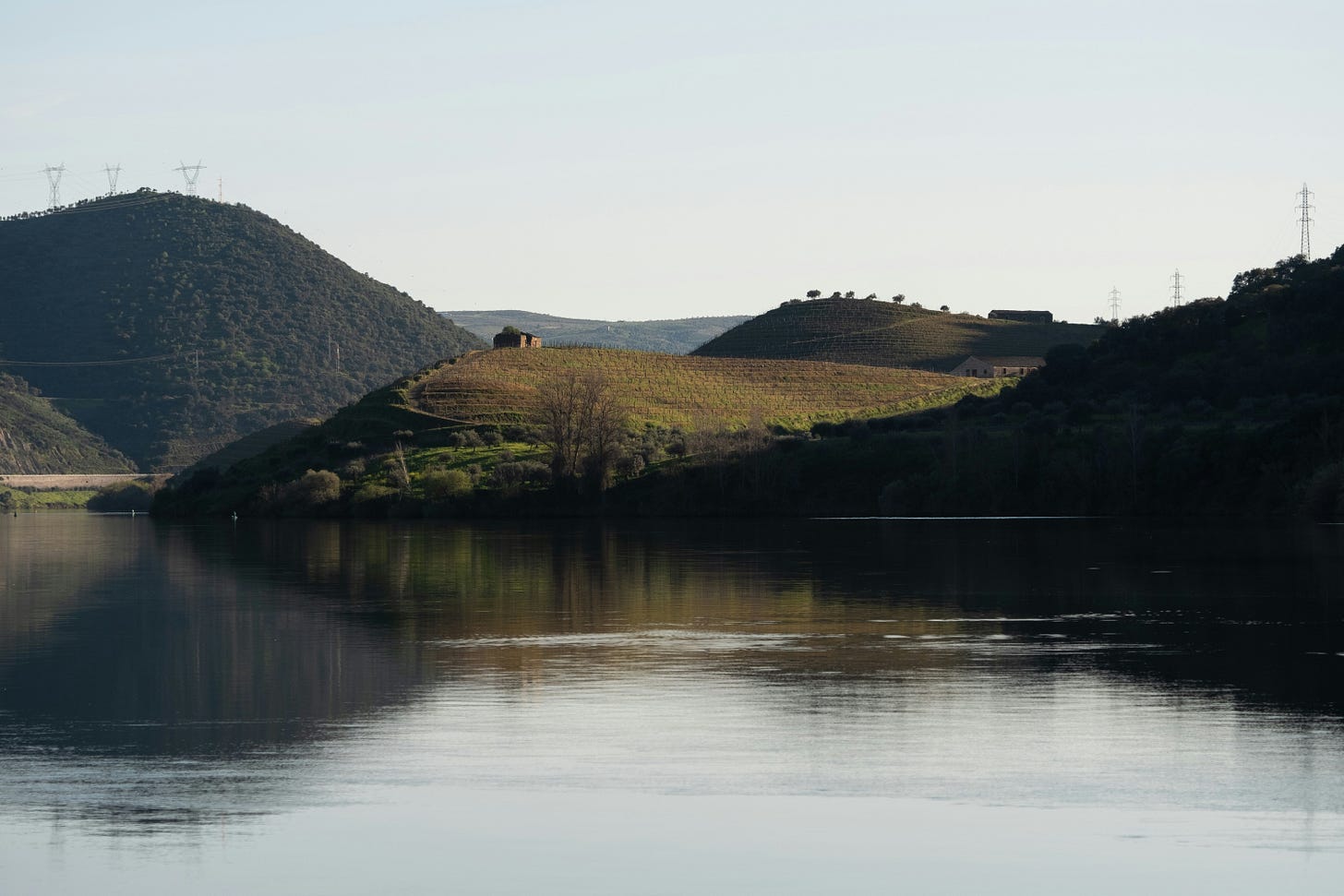Parliament to Review Controversial Soil Law Amid Criticism
The law allows construction in areas previously classified as off-limits, including land within the National Agricultural Reserve (RAN) and National Ecological Reserve (REN).

What?
The Parliament will formally review amendments to the Soil Law after a controversial decree-law permitting housing construction on rustic land was published in the official Diário da República on Monday - and set to come into force in a month.
The amendments were approved by the Government without a public discussion or a vote in Parliament.
According to the Portuguese Constitution, a minimum of 10 MPs can request parliamentary consideration of any piece of legislation approved by the Government, provided the request is made within 30 days of its publication.
The request for parliamentary appraisal was submitted this Thursday by 14 deputies from Left Bloc, ecosocialist Livre, the communists PCP, and greens PAN.
This legislation, which alters the Legal Framework for Territorial Management Instruments (RJIGT), introduces an exceptional regime allowing construction and urbanization in areas previously classified as off-limits, including land within the National Agricultural Reserve (RAN) and National Ecological Reserve (REN).
While the Government insists critical areas of these reserves will remain protected, the move has drawn backlash from planning experts and environmentalists who fear irreversible damage to natural resources.
President Marcelo promulgated the law on the previous Thursday, December 26, warning that it amounted to “a significant twist” in the land-use planning regime.
Critics Raise Alarms Over Territorial and Housing Impact
Housing expert Helena Roseta, a Lisbon city councellor and architect, issued a scathing critique of the law in an opinion piece titled “The Great Distortion” published on Thursday morning in PÚBLICO.
She argued that the government’s policy risks exacerbating housing prices and territorial disorder and challenged MPs to request a formal review of the amendments.
“This is not a minor amendment but a significant distortion,” Roseta wrote. She highlighted concerns that municipalities can now permit housing development on private rustic land without revising urban plans, bypassing critical oversight mechanisms.
Roseta also criticized the law’s definition of “moderate value” housing, noting it allows prices up to 125% of the municipal median or 225% of the national median.
“This formula systematically sets prices higher than the already prohibitive market rates for most Portuguese families,” she added.
The former city councilor concludes by stating, “All of this happened between Christmas and New Year’s, discreetly, to lessen the impact.”
“The new decree will come into effect without citizen scrutiny, without public debate, and without going through Parliament. It is up to the deputies to use their constitutional power to oversee the Government. Now is the time to do so.”
Government Justifies Move
According to the government, the decree is designed to increase the availability of land for housing, facilitating affordable solutions for families and promoting social equity.
The special reclassification regime ensures “that at least 700/1000 of the total above-ground construction area is destined for public housing or housing of moderate value”.
But the government explains that it won’t be “controlled cost” housing, but homes for access by the middle class, “weighting median values of the local and national markets, and defining maximum values to ensure greater equity”.
The increase in the number of plots of land earmarked for housing construction “not only contributes to the expansion and realisation of the Construir Portugal (“Build Portugal”) plan, but also strengthens the state’s capacity to promote effective, sustainable housing policies in line with the needs of the population’, says the government in the document.
It explains that the amendment to the RJIGT makes it possible, on an exceptional basis, to create construction areas on land that is compatible with an existing urban area, while the prohibition on building on the National Agricultural Reserve (RAN), and the National Ecological Reserve (REN) remains in force.
How does this work in practice?
The law allows municipal assemblies to reclassify rustic land as urban, contingent on proposals from municipal councils. If urbanization plans are not implemented within five years, the land’s urban classification will be nullified.
The “reclassification to urban land is exceptional and must be based on the demonstrated need to safeguard values of public interest that are relevant in environmental, heritage, economic and social terms,” according to article 72 in the new version of the law.
The document also stipulates that municipalities can determine reclassification to urban land by means of a simplified amendment to the municipal masterplan, whenever the purpose is housing (in conjunction with other requirements).
The reclassification to urban land of areas included in the National System of Classified Areas, dangerous areas or those at risk of flooding, for example, and, among others, areas covered by special coastal programmes, hydro-agricultural developments, watercourses or dunes, is prohibited. Land classified as class A1 and soils classified as classes A and B, which should remain as RAN, cannot be developed.
Environmental Groups Warn of Risks to Sustainability
Sixteen environmental organizations, including Quercus, Zero, and WWF Portugal, have criticized the law, citing concerns about threats to natural resources and its contradiction of international commitments like the EU Soil Monitoring Directive and the Kunming-Montreal Treaty.
“These lands play crucial roles in agriculture, conservation, and mitigating environmental risks.
Sustainable alternatives to address the housing crisis exist without compromising these irreplaceable resources,” said Maria Amélia Loução, a spokesperson for the signatories.
The groups highlight that over 54% of Portugal’s agricultural land is already degraded, and global studies warn that unchecked soil degradation could jeopardize food security within two decades.
They advocate prioritizing the rehabilitation of degraded urban buildings and unused urbanizable land as solutions to the housing crisis.
The signatories have called for a public debate involving experts, NGOs, and civil society, urging the government to reconsider.
They have also requested a meeting with Prime Minister Luís Montenegro to present detailed arguments and propose sustainable alternatives.




What a tragedy. I sincerely hope this parliamentary review will result in changes to this law.